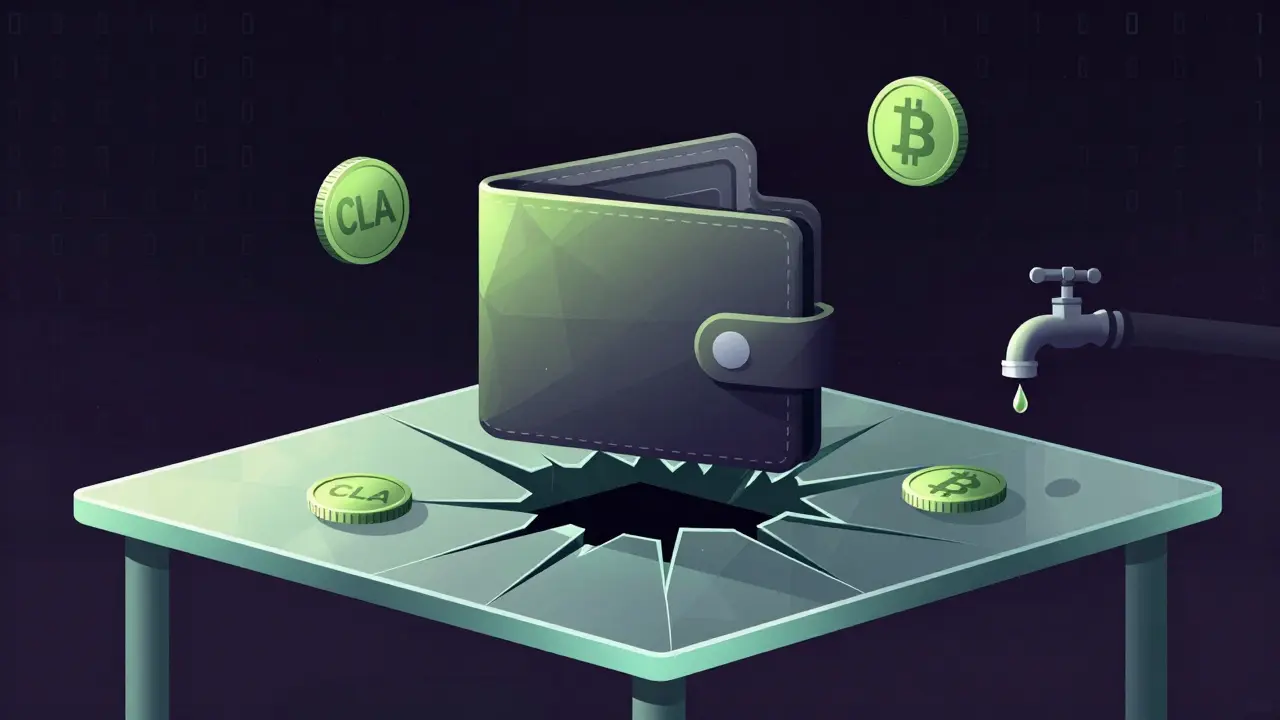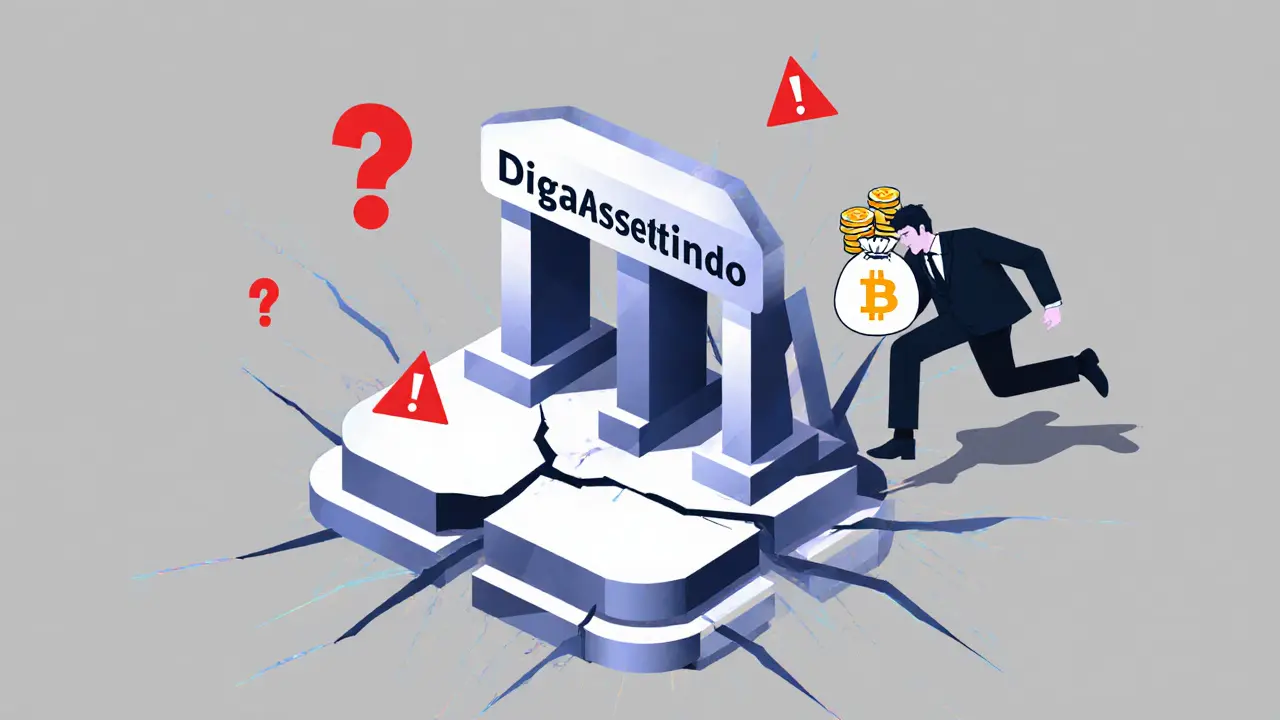Crypto Exchange: Best Platforms, Risks, and What to Avoid in 2025
When you buy or trade cryptocurrency, you’re using a crypto exchange, a platform that lets you swap digital assets like Bitcoin, Ethereum, or niche tokens with other users. Also known as a crypto trading platform, it’s the bridge between your wallet and the market. But not all exchanges are real exchanges—some are just tokens with fancy names, zero volume, and no trading activity. You need to know the difference before you deposit a single dollar.
A decentralized exchange, or DEX, lets you trade directly from your wallet without handing over control to a company. Also known as a non-custodial exchange, it’s safer because you keep your private keys. But DEXs like GemSwap and Lifinity often have no liquidity, no users, and sometimes no code updates in years. Meanwhile, centralized exchanges like Poloniex or RabbitX handle your funds, require KYC crypto, identity verification to comply with global financial rules, and charge hidden fees. KYC isn’t optional on most major platforms—it’s the price of access. But if you want to trade without KYC, you’ll need to stick to a few DEXs built for privacy, like RabbitX on Starknet.
Some platforms pretend to be exchanges but are just low-market-cap tokens. Greenhouse isn’t a crypto exchange—it’s a token with no trading pairs. Aster and RabbitX are real DEXs with actual tools and users. The difference? One lets you trade, the other just sits on your screen with a pretty logo. If a platform has zero trading volume, no team updates, and no community, it’s not a crypto exchange—it’s a trap.
What you’ll find below isn’t a list of the top 10 exchanges. It’s a breakdown of what actually works, what’s abandoned, and what’s outright fake. You’ll see reviews of real platforms like RabbitX and Aster, warnings about dead DEXs like GemSwap, and why KYC isn’t always the enemy. Whether you’re new or experienced, this collection cuts through the noise—so you don’t lose money on something that doesn’t exist.
Prizmbit Crypto Exchange Review: Is It Safe and Worth Using?
Prizmbit is a niche P2P exchange for Russian-speaking users, supporting WAY-F coin and RUB. It lacks transparency in fees, security, and user reviews. Compared to Binance, it has minimal features and regulatory oversight. Not recommended for most traders.
learn moreRocketSwap Crypto Exchange Review: Is It Legit or a Ghost Platform?
RocketSwap is not a legitimate crypto exchange - it has zero reviews, no team, and no operational presence. Learn why it's a scam and which real platforms to use instead in 2026.
learn moreFreeBitcoins.com Crypto Exchange Review: Niche Altcoins, No KYC, and Serious Risks
FreeBitcoins.com offers a no-KYC crypto exchange and faucet for obscure altcoins like Clams and Namecoin. While easy to use and great for small free claims, it has low liquidity, no customer support, and serious withdrawal risks. Not safe for serious trading.
learn moreWhy Upbit Could Face $34 Billion in Penalties for KYC Failures in South Korea
Upbit, South Korea's top crypto exchange, faced a $34 billion potential fine for failing to verify user identities. The case exposed systemic KYC failures and triggered a global crackdown on crypto compliance.
learn moreDigiassetindo Crypto Exchange Review: Is It Safe or a Risky Bet?
Digiassetindo is an unregulated Indonesian crypto exchange with no official license, no transparent reserves, and no recent user activity. Avoid it - use licensed platforms like Indodax or Pintu instead.
learn more



